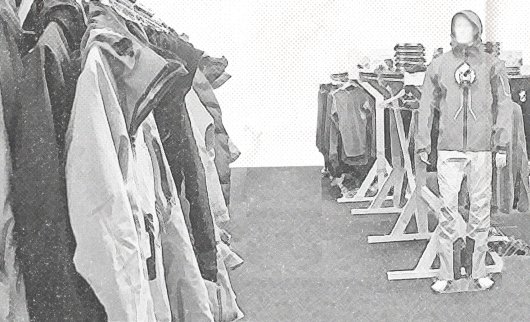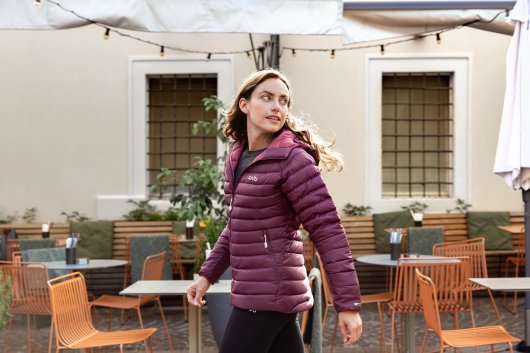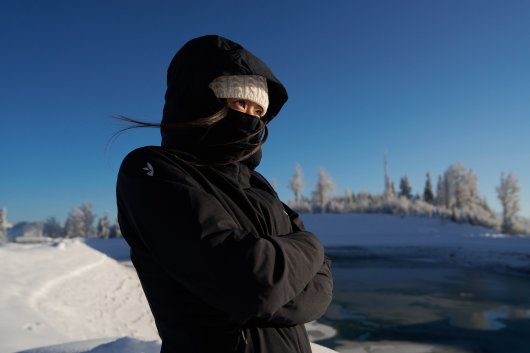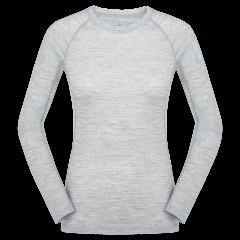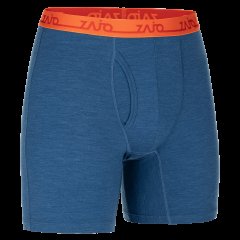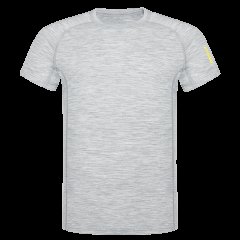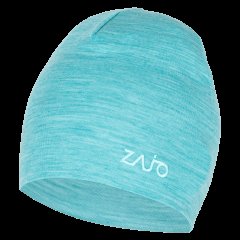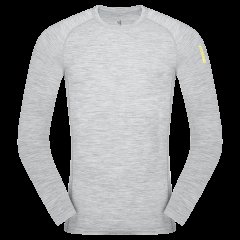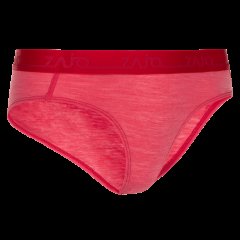The Primaloft brand has been one of the absolute leaders in technical materials since 1983, when, at the request of the US Army, they created a synthetic alternative to down. Today, this manufacturer is respected for its wide portfolio of synthetic insulations that set the standard in their category.
Primaloft® Insulation Eco Gold Grip Control itself was introduced in 2016 as a special version of Primaloft® Insulation Eco Gold. This alternative was developed specifically for products where the filling needs to withstand much more pressure than is common in jackets - for example, for gloves or boots.
However, it also has a special coating that is non-slip and thus takes care of a much better grip, whether we are talking about trekking poles or rock climbing.
How does Primaloft® Insulation Eco Gold Grip Control work?
The properties of the original Primaloft® Insulation Eco Gold have been retained here - the Primaloft® Insulation Eco Gold Grip Control material is an excellent thermal insulator, up to 38% warmer in dry conditions than competing materials and twice as warm to wet conditions as competing materials, according to the manufacturer. In doing so, it is still very lightweight, packable and very easy to maintain.
The most significant difference, apart from the aforementioned non-slip finish, is the way the material is processed. In the case of Primaloft® Insulation Eco Gold Grip Control, the material is sharply compressed, which greatly increases its durability and prevents the filling from moving freely inside the clothing. The fibres are held firmly in place, which is further emphasised by the special adhesive found between the individual fibre layers.
Responsibly made
Primaloft® has long strived to do its utmost on all fronts when it comes to the environmental impact of the processing and production of its materials.
This is also reflected specifically in Primaloft® Insulation Eco Gold Grip Control, which until recently was made up of 90% recycled sources and industrial plastic waste - but now the manufacturer declares that it is a full 100%, which is very rare, even unique, especially in the field of synthetic fillers for footwear.


